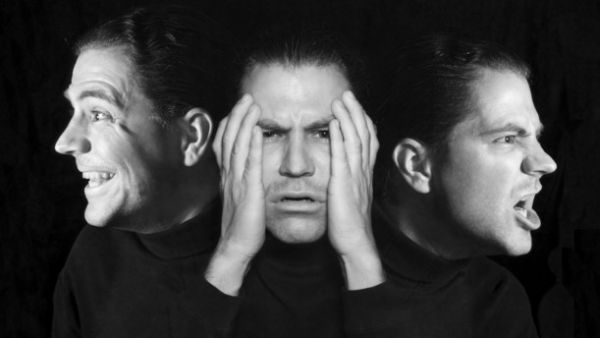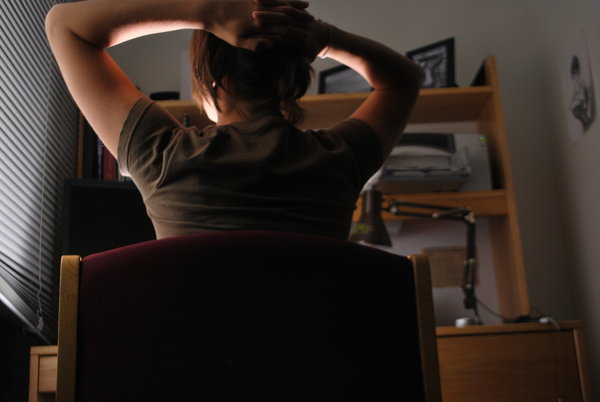
Classified as a type of psychiatric illness, the bipolar disorder is also known by terms such as “manic depression” or “bipolar affective disorder”. This mental disorder is associated with a multitude of moods ranging from severe depression to unusually high energy levels. These levels are often separated by occurrence of ‘normal’ moods however in certain individuals, they are quickly followed one after the other. Bipolar disorder generally roots from a combination of genetics and environmental factors, genetic links being the major contributor towards this illness. The disorder can prove to be fatal if left uncontrolled but thankfully, drugs such as mood stabilizers are used to treat people suffering from bipolar disorder.
Some of the symptoms that a person suffering from bipolar disorder exhibits include :
1. Hypomania
This is one of the phases an individual experiences where in he feels euphoric and extremely energetic. It is a state of mind that in fact seems enjoyable. Hypomania allows a person to feel as though he is on cloud nine while making sure that he is not completely detached from the ground realities. Productivity is generally high during this stage of the disorder.
2. Restlessness
While hypomania is relatively harmless, if extended beyond the normal period of time, it can lead to a person feeling very restless. The excessive amount of energy is often channelized inappropriately such as being distracted frequently, unable to finish any one task at a time etc.
3. Depression
People suffering from the depressive state of bipolar disorder often shows signs which are common to people who undergo mild bouts of depression. They have problems with their appetite, concentration abilities and sleep cycles. Unlike in other individuals, antidepressants can have adverse effects when administered to individuals having bipolar disorder.
4. Simultaneous occurrence of mania & depression
While most people have cycles of manic and depression, some tend to have both of them at the same time. This mixture of moods instill a state of confusion which often causes one to be easily irritable. On several occassions, individuals can feel highly irritable without being aware of the reason behind it. The severity of irritation experienced by those suffering from bipolar has the potential to interfere with their interpersonal relationships.
5. Talking too fast
Many people tend to speak fast. However rapid speech, better known as ‘pressurised speech’, is one of the very noticeable signs shown by a person who has bipolar disorder. Even if you try to interrupt the talk, an individual having bipolar disorder would often continue his speech making it seem as though they never noticed your interruption.
6. Having difficulty in working
With the onset of varying moods ranging from phases of high activity contrasted with passive depressive states of mind, one’s ability to focus at a workplace gets adversely affected. You can observe productivity levels dipping to a very large extent.
7. Substance abuse
People are known to abuse drugs and indulge in alcohol for various reasons. While it is hard to pinpoint this as one of the symptoms of bipolar disorder, some do view substance abuse as a temporary relief to the intense fluctuations in mood inflicted upon them by the illness.
8. An inflated ego
Bipolar disorder often causes individuals to have an unrealistic belief in one’s abilities. This is often shown by impulsive decisions that an indivual in this state of mind takes, such as going on spending sprees and behaving erratically.
9. Irregular sleep cycles
A manic phase can cause an individual to feel restless and survive on very few hours’ sleep each day. Whereas he may feel fatigued even after sleeping too much while in a depressive state of mind.
10. Racing thoughts
When in a manic state, a person would jump from one idea to another without even being aware of it. People find themselves losing control over their thoughts.



